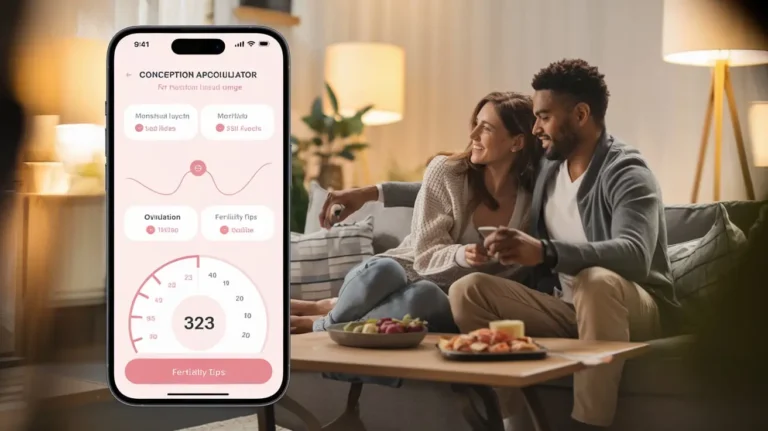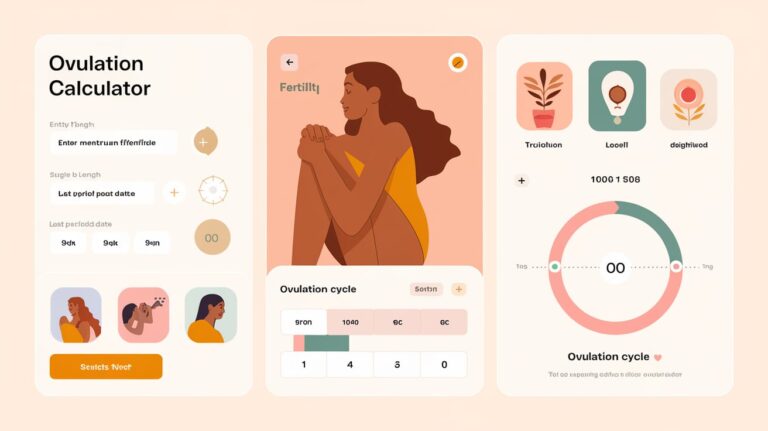
We’ve all been there. You’re standing in line waiting for your turn to get attended to, and suddenly you feel it, a presence too close for comfort. They’ve stepped into the invisible bubble that surrounds you, and now your once peaceful wait has turned into a dance of awkward shifting and side-eye glances. Welcome to the delicate, often misunderstood world of personal space.

Personal space is the invisible boundary that we all have, a buffer between ourselves and others. This space helps us feel safe, secure, and in control of our surroundings. It’s not just a matter of preference; it’s a basic human need that supports our emotional and mental well-being.
When someone encroaches on your personal space, it can cause stress, discomfort, and anxiety. Research has shown that maintaining personal space can help reduce feelings of being overwhelmed, improve focus, and even enhance our relationships. The truth is, respecting personal space helps us stay grounded in social situations, giving us the comfort of knowing we have control over our own boundaries.
While personal space is important, protecting it can be challenging. Different cultures have different norms regarding how much space is acceptable in social settings. What might feel comfortable in one country could seem awkwardly distant or uncomfortably close in another. Then there’s the ever-present issue of crowded spaces, public transportation, busy events, or even a packed elevator where personal space is a luxury. Then, there are people who just don’t seem to “get it.” Whether it’s a close talker, someone who doesn’t realize their arm is grazing yours, or a coworker who likes to hover, some people aren’t aware that they’re invading your space.
To Improve on Your Personal Space Awareness
- Set Boundaries: If you’re uncomfortable, it’s okay to politely say, “I need a bit more space, thank you.” It’s a simple, direct way to reclaim your bubble without being rude.
- Take Space When Needed: When feeling overwhelmed or stressed, don’t hesitate to physically remove yourself from a crowded or tense environment.
- Practice in Conversations: Pay attention to your distance during conversations. Start by standing about an arm’s length away and adjust depending on the other person’s comfort.
- Use Humor: If someone gets a little too close, a lighthearted comment like, “Whoa, looks like we’re in a three-legged race here,” can get the message across without causing offense.
- Model Behavior: Sometimes, the best way to teach is by example. By consistently respecting others’ space, you encourage them to do the same.
- Be Tactful: If someone is consistently invading your space, address it directly but kindly. You could say something like, “I feel more comfortable with a little more space. Is that okay with you?”





